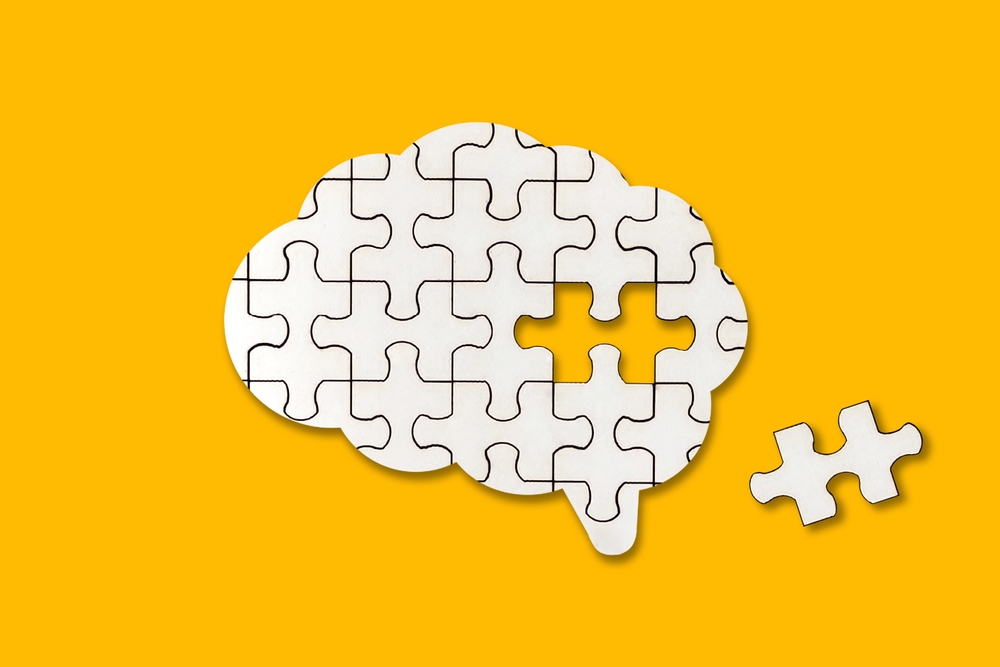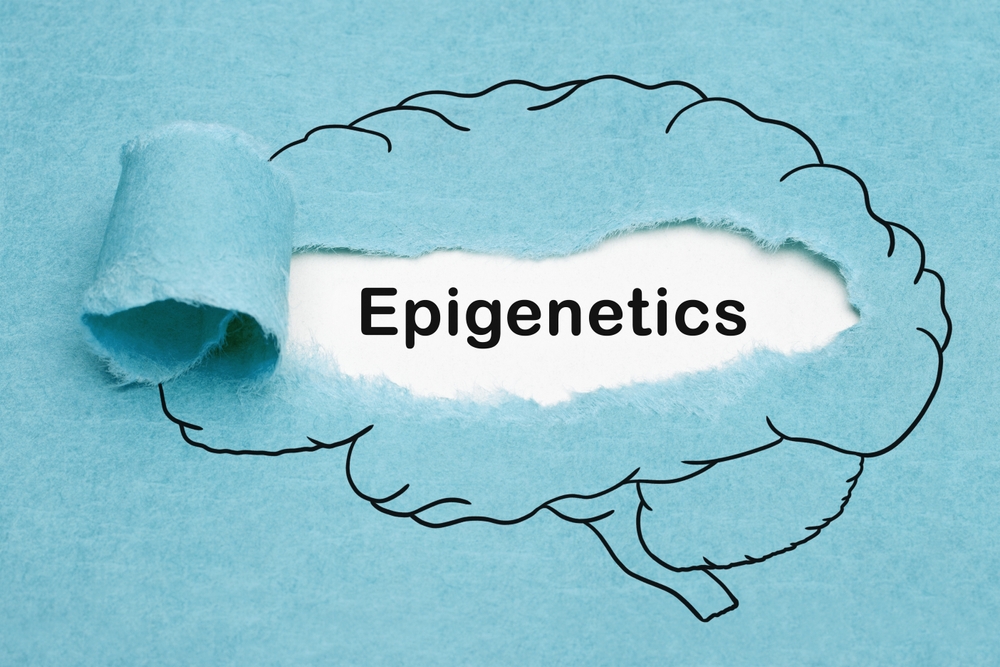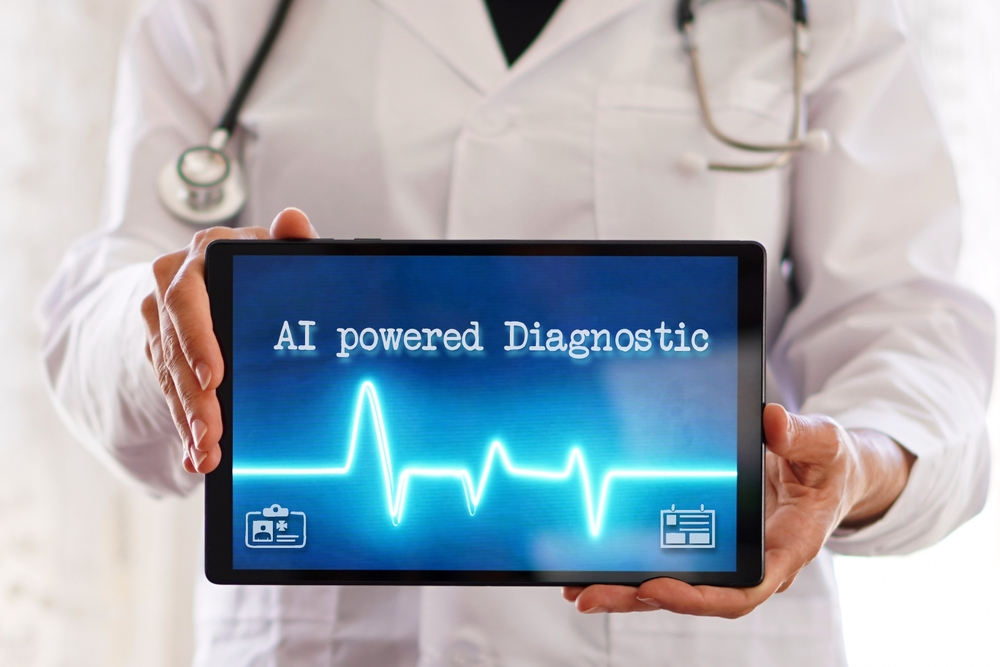What if diseases like cancer, Alzheimer’s, or even heart failure could be slowed—or stopped—before they start? Thanks to a wave of breakthrough discoveries in medicine, that once-distant dream is rapidly becoming reality. From gene-editing technologies to age-reversing blood tests and microbiome-based therapies, science is rewriting the rules on how long—and how well—we can live. These aren’t fringe ideas or far-off fantasies. They’re real innovations already changing lives, backed by cutting-edge research and trial results. Here are 13 revolutionary medical advances that could radically extend your lifespan—and transform what it means to grow older.
1. Personalized Cancer Vaccines

Imagine a world where cancer treatment is as tailored and unique as your fingerprint. Personalized cancer vaccines are making that vision a reality by training the immune system to target tumor-specific mutations. This cutting-edge approach is being hailed as a game-changer in oncology, with early clinical trials showing promising results. According to Nature, each vaccine is custom-designed for the patient, potentially transforming how we combat this formidable disease.
The concept isn’t entirely new, but recent advancements in genomic sequencing have accelerated progress. These vaccines work by identifying neoantigens, unique to cancer cells, and teaching the immune system to recognize and attack them. While still in the experimental phase, the potential for curing various cancers has never been closer. Personalized vaccines could replace one-size-fits-all treatments, offering hope for long-term remission and even cures.
2. Anti-Aging Gene Therapy

Gene therapy isn’t just for rare genetic disorders anymore; it’s now a frontier in the quest for longevity. Scientists are exploring ways to tweak our DNA to slow down the aging process, eyeing genes like FOXO3 and SIRT1. These genes are linked to cellular regeneration and are often found in people who live beyond a hundred years.
The idea is to enhance the body’s ability to repair and rejuvenate itself. By modifying genes associated with aging, researchers hope to delay the onset of age-related diseases. While we’re not quite there yet, the potential implications of this technology are enormous, possibly extending human life spans significantly. Imagine living healthier well into your nineties or even beyond, with fewer ailments and more vitality.
3. Senolytics: Clearing Out Aging Cells

Senolytics are the unsung heroes in the fight against aging. These drugs focus on eliminating senescent cells, which are old cells that have stopped dividing but refuse to die. Such cells release harmful chemicals that contribute to inflammation and tissue damage. Senolytics have shown the potential to rejuvenate tissues and extend lifespan in animal models, according to the National Library of Medicine.
The potential benefits of senolytics are staggering. By reducing the burden of senescent cells, they could decrease the risk of age-related diseases. This includes conditions like Alzheimer’s, arthritis, and even cardiovascular diseases. With human trials underway, senolytics could soon become a staple in anti-aging therapies, helping us maintain our mental and physical faculties longer than ever imagined.
4. Microbiome Engineering

Gut health is no longer a side note in wellness; it’s a frontier in extending human life. The trillions of bacteria living inside us have a massive impact on our health and longevity. Scientists are now exploring how manipulating the microbiome might delay aging and prevent diseases. Studies also show that a balanced microbiome can even influence our mental health and immune response.
Recent research shows that a healthy gut microbiome can help stave off chronic diseases like diabetes and obesity. By engineering the microbiome, scientists aim to enhance the body’s natural defenses. This could mean fewer pills and more personalized dietary recommendations in the future. As we learn more about these microscopic organisms, the prospect of living longer, healthier lives becomes increasingly achievable.
5. CRISPR And Gene Editing

Gene editing is no longer science fiction; CRISPR is leading the charge. This technology allows scientists to edit DNA precisely, offering potential cures for genetic disorders and an avenue to extend human life. As the MIT Technology Review outlines, CRISPR technologies have already corrected genetic mutations in human embryos, albeit under strict ethical guidelines.
CRISPR’s implications for longevity are profound. By correcting genetic defects associated with age-related diseases, we could drastically improve life expectancy. Imagine a world where conditions like Huntington’s or certain types of heart disease could be permanently eliminated. The road to such advances is fraught with ethical considerations, but the potential for better health and longer life is undeniable.
6. Wearable Health Tech

Wearable devices have graduated from simple step counters to sophisticated health monitors. These gadgets now track vital signs, detect abnormalities, and even predict heart attacks. With advancements in AI and machine learning, wearables are becoming personalized wellness coaches. They provide real-time health updates, helping users make informed decisions about their health.
As wearables become more advanced, they’re also becoming vital tools in preventive medicine. By continuously monitoring health metrics, these devices can alert users and doctors to potential issues before they become serious. This proactive approach could lead to early interventions, drastically extending healthy life years. The future of wearables is not just about fitness but about holistic health management.
7. Telemedicine And Remote Monitoring

Telemedicine isn’t just a pandemic novelty; it’s a paradigm shift in healthcare delivery. Patients can access specialists worldwide, breaking down geographical barriers with the click of a button. Remote monitoring devices complement this by enabling continuous health tracking from the comfort of home. This accessibility is crucial for managing chronic conditions and improving health outcomes.
Remote healthcare innovations offer a lifeline to the elderly and those with mobility issues, improving their quality of life according to research published in PubMed. They provide consistent care and monitoring, reducing the need for frequent hospital visits. This can result in earlier detection of potential health issues, leading to timely interventions. Telemedicine’s convenience and efficiency make it a cornerstone in the push towards extending life spans.
8. Artificial Organs

The shortage of donor organs has led researchers to develop artificial alternatives. These lab-grown organs could soon replace the need for transplants, offering new hope for those with organ failure. Artificial organs are crafted using innovative techniques like 3D printing and tissue engineering. Such technologies promise to revolutionize medical treatments and increase longevity.
Artificial organs are not just placeholders; they’re becoming fully functional replacements. They can be tailored to a patient’s specific needs, reducing the risk of rejection. With ongoing advancements, these organs could potentially last longer and perform better than natural ones. The development of artificial organs represents a significant leap forward in regenerative medicine and longevity.
9. Brain-Computer Interfaces

Brain-computer interfaces (BCIs) are bridging the gap between humans and machines. These devices allow for direct communication between the brain and computers, opening new possibilities for treating neurological disorders. BCIs could potentially restore mobility to paralyzed patients or provide new communication methods for those unable to speak. This technology is advancing rapidly, promising to enhance cognitive functions and improve quality of life.
BCIs could play a crucial role in extending life by mitigating the impacts of degenerative brain diseases. They offer a way to bypass damaged neural pathways, preserving cognitive function. As research progresses, BCIs may even enhance brain performance, extending mental acuity into old age. This blend of technology and biology is paving the way for a future where the mind remains sharp, no matter the age.
10. Nanomedicine

Nanomedicine involves using tiny particles to deliver drugs directly to diseased cells, minimizing side effects. This precision medicine approach can significantly improve treatment efficacy for various conditions, including cancer. Nanoparticles can be engineered to cross biological barriers, reaching areas of the body that were previously inaccessible. This innovative approach holds promise for treating complex diseases more effectively.
The potential for nanomedicine extends beyond treatment to disease prevention and diagnostics. By improving drug delivery and targeting, it reduces the required dosage and enhances therapeutic outcomes. This technology could lead to breakthroughs in treating diseases that currently have limited options. As nanomedicine evolves, it offers a compelling path toward extending healthy life spans.
11. AI-Driven Drug Discovery

Artificial intelligence is revolutionizing drug discovery by analyzing vast amounts of data to identify potential new therapies. This approach speeds up the traditionally lengthy drug development process, bringing effective treatments to the market faster. AI can predict how new drugs interact with the human body, reducing the risks of adverse reactions. This technology holds the promise of significantly enhancing our ability to treat and prevent diseases.
By utilizing AI, researchers can uncover new uses for existing drugs, potentially extending their therapeutic applications. This efficiency not only reduces research costs but also accelerates the availability of life-saving treatments. The potential for AI-driven drug discovery is vast, with implications for personalized medicine and the treatment of rare diseases. As AI continues to evolve, it offers new hope for extending human life and improving health outcomes.
12. Organ Regeneration

The field of organ regeneration is making headway with the development of techniques to grow organs in the lab. This process, known as tissue engineering, involves creating scaffolds to guide the growth of new cells into functional organs. Such advancements aim to address the critical shortage of donor organs and reduce waiting lists. With ongoing research, lab-grown organs might soon become a viable option for patients in need of transplants.
Beyond addressing organ shortages, regeneration techniques offer the possibility of repairing damaged tissues within the body. This could lead to breakthroughs in treating conditions like heart disease or liver failure. As the technology matures, the potential to regenerate organs from a patient’s own cells could eliminate the risk of rejection. Organ regeneration stands on the cusp of transforming transplant medicine and extending human life.
13. Smart Pills

Smart pills are a new frontier in personalized medicine, offering insights into a patient’s digestive system. These ingestible sensors transmit data about the body’s internal environment, helping doctors make more informed treatment decisions. They can monitor drug absorption and deliver medication directly to targeted areas, improving treatment efficacy. Smart pills represent a significant advancement in healthcare, with the potential to enhance diagnostic accuracy and patient outcomes.
With the ability to provide real-time data, smart pills reduce the need for invasive procedures and frequent doctor visits. They offer a more precise approach to monitoring and managing chronic conditions, leading to early interventions. This technology could transform how we diagnose and treat a range of diseases, from gastrointestinal disorders to metabolic conditions. As smart pills become more sophisticated, they promise a future where healthcare is more personalized and proactive.
14. Biohacking

Biohacking involves using science and technology to augment the human body’s capabilities. This can range from genetic modifications to wearable tech that tracks biometrics. Biohackers aim to optimize health and performance, pushing the boundaries of human potential. While controversial, this movement is gaining traction, with innovations that could extend life and improve health.
Biohacking encompasses a variety of methods, including nootropics for enhanced cognitive function and diet modifications for longevity. As our understanding of the human body grows, these interventions become more sophisticated and effective. The potential to enhance physical and mental capabilities could lead to healthier, longer lives. Biohacking is not without its ethical challenges, but its potential to revolutionize personal health management is undeniable.
15. Digital Twins

Digital twins are virtual replicas of physical entities, including human bodies. In medicine, they provide a platform for simulating and analyzing biological processes, leading to personalized treatment plans. This technology allows doctors to predict how an individual’s body will respond to different therapies. Digital twins hold promise for revolutionizing healthcare, offering a new level of precision in diagnosis and treatment.
As digital twins become more sophisticated, they could lead to improvements in disease prevention and management. By simulating various scenarios, doctors can refine treatment plans without directly impacting the patient. This approach could optimize healthcare outcomes, extending life by minimizing trial-and-error treatments. The potential for digital twins to transform medicine and enhance longevity is vast, making them a key player in the future of healthcare.
Natasha is a seasoned lifestyle journalist and editor based in New York City. Originally from Sydney, during a stellar two-decade career, she has reported on the latest lifestyle news and trends for major media brands including Elle and Grazia.


